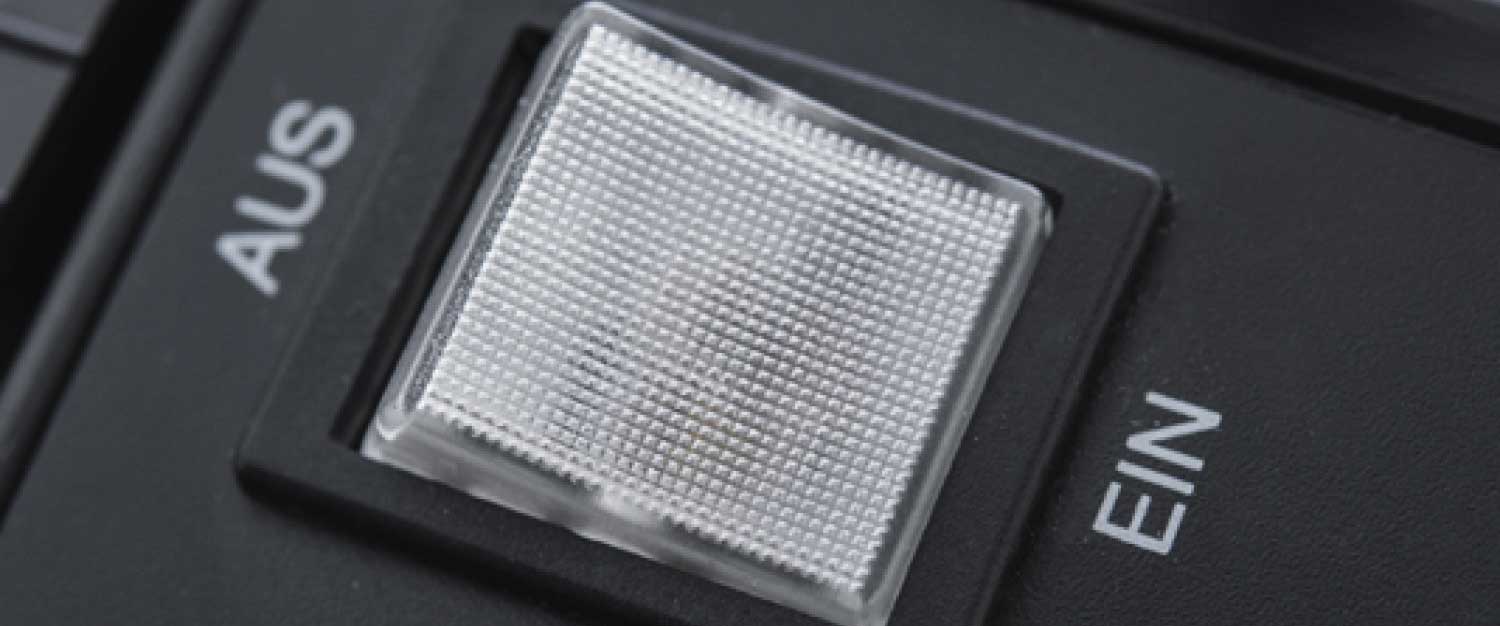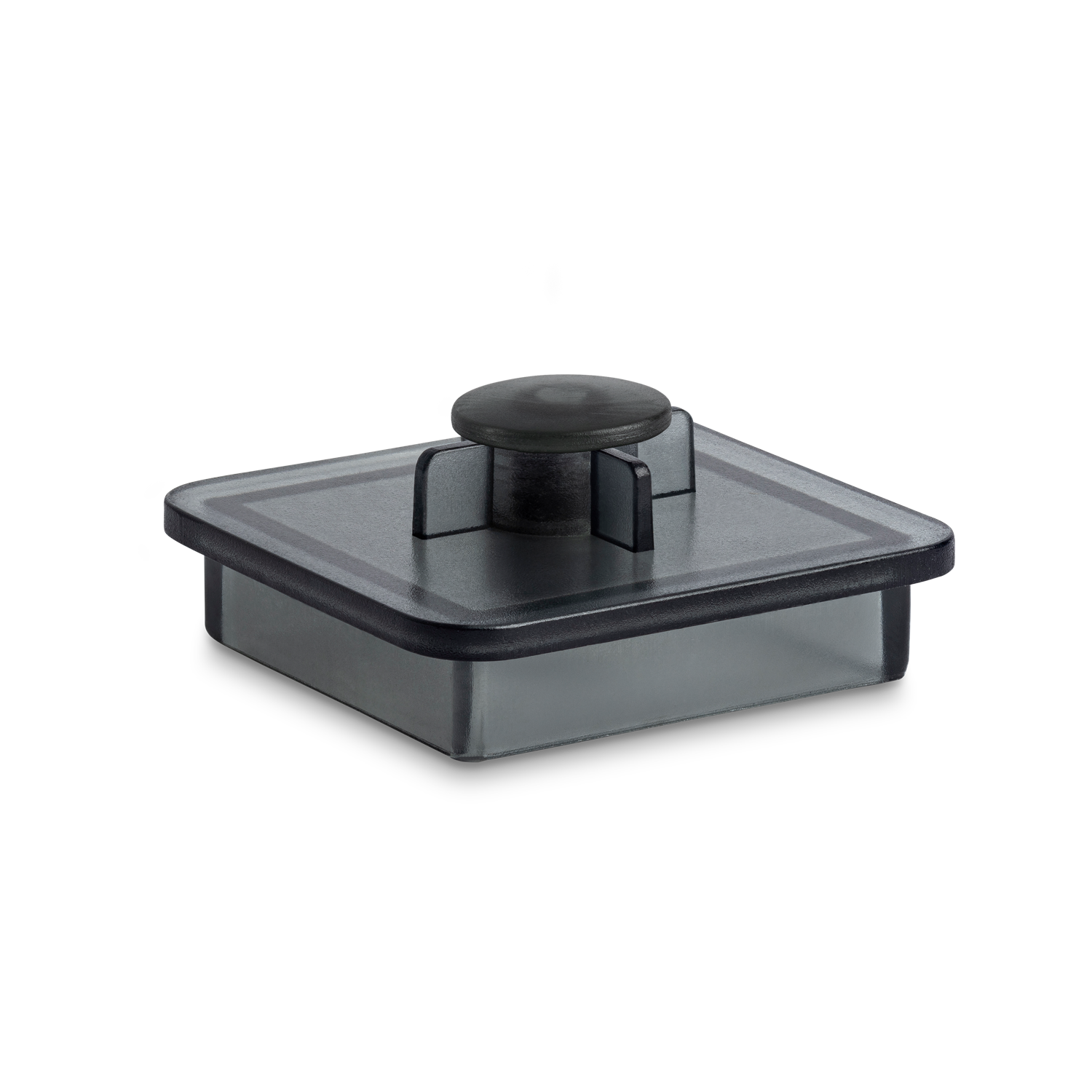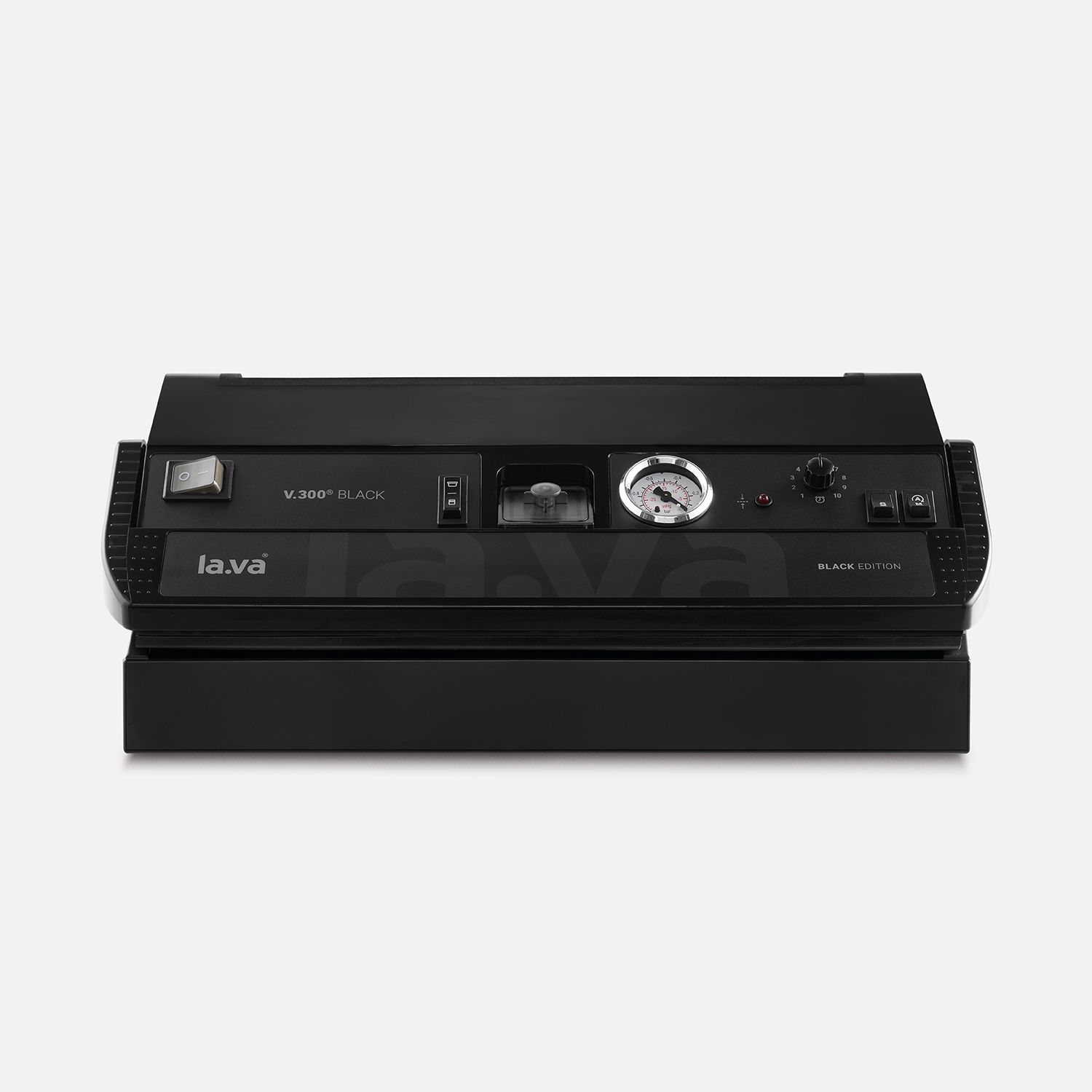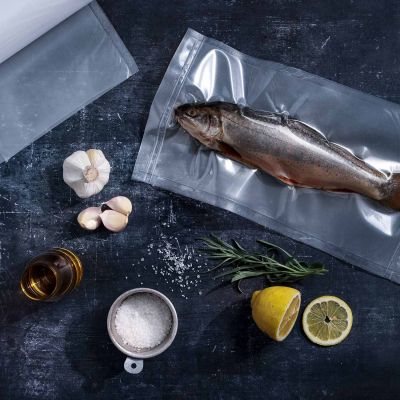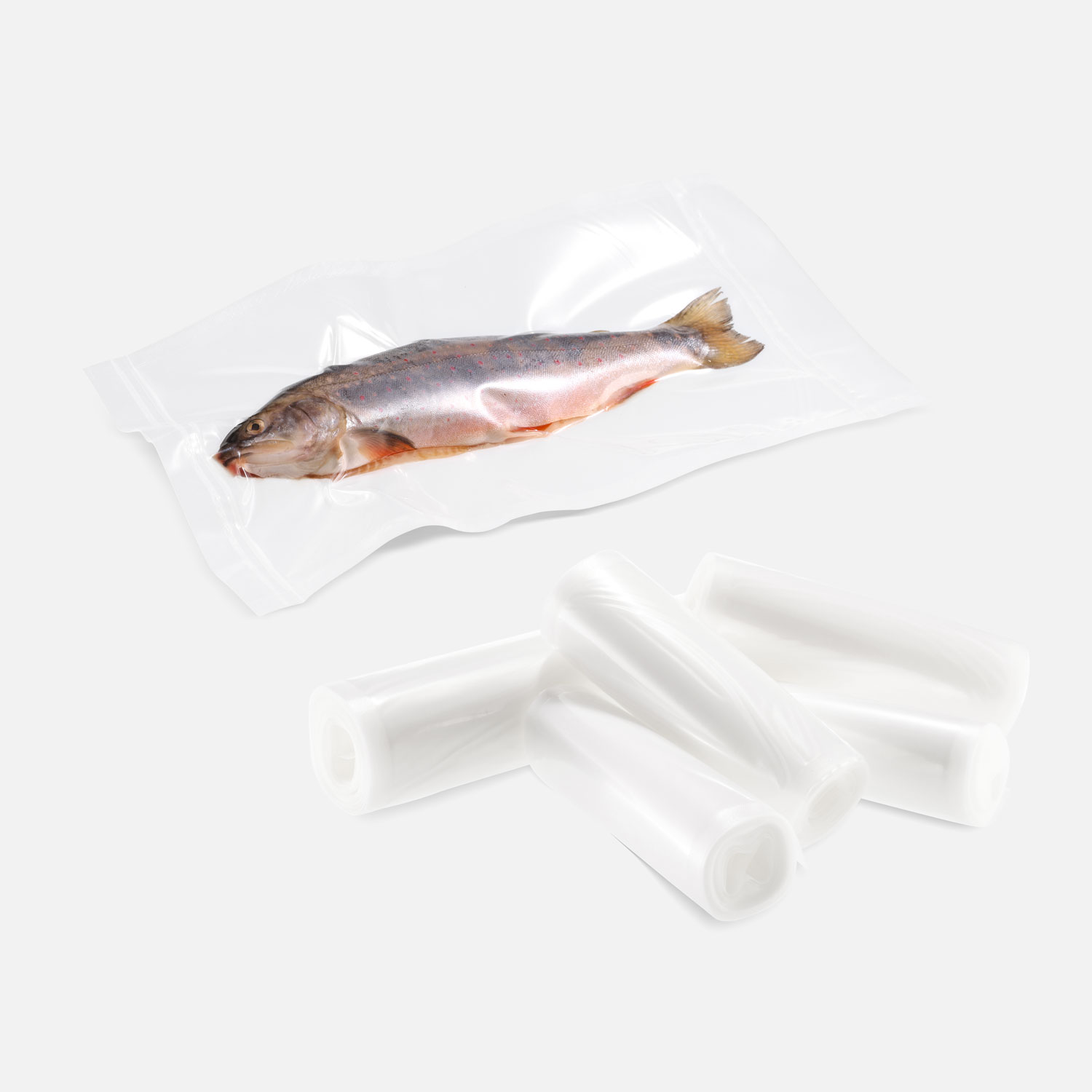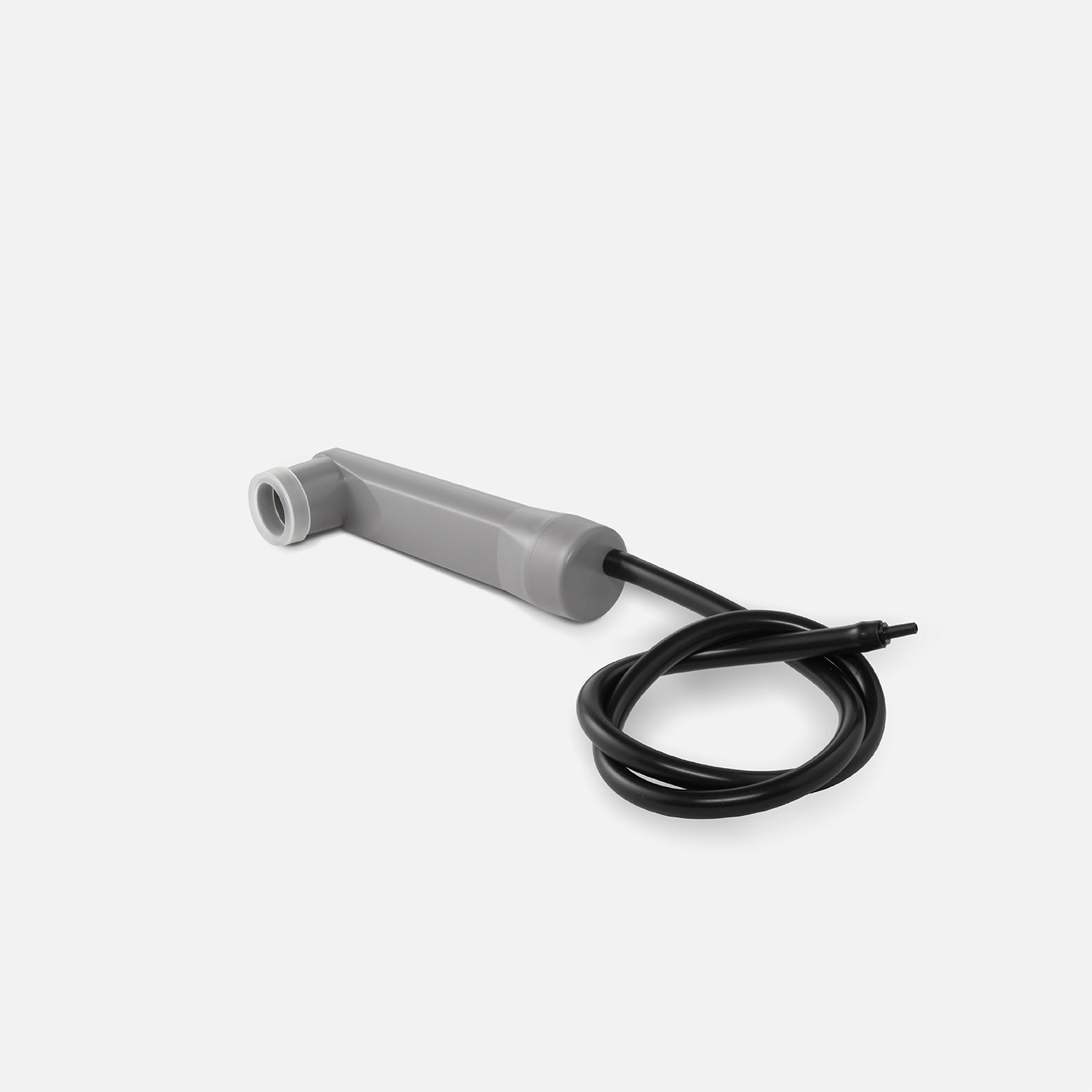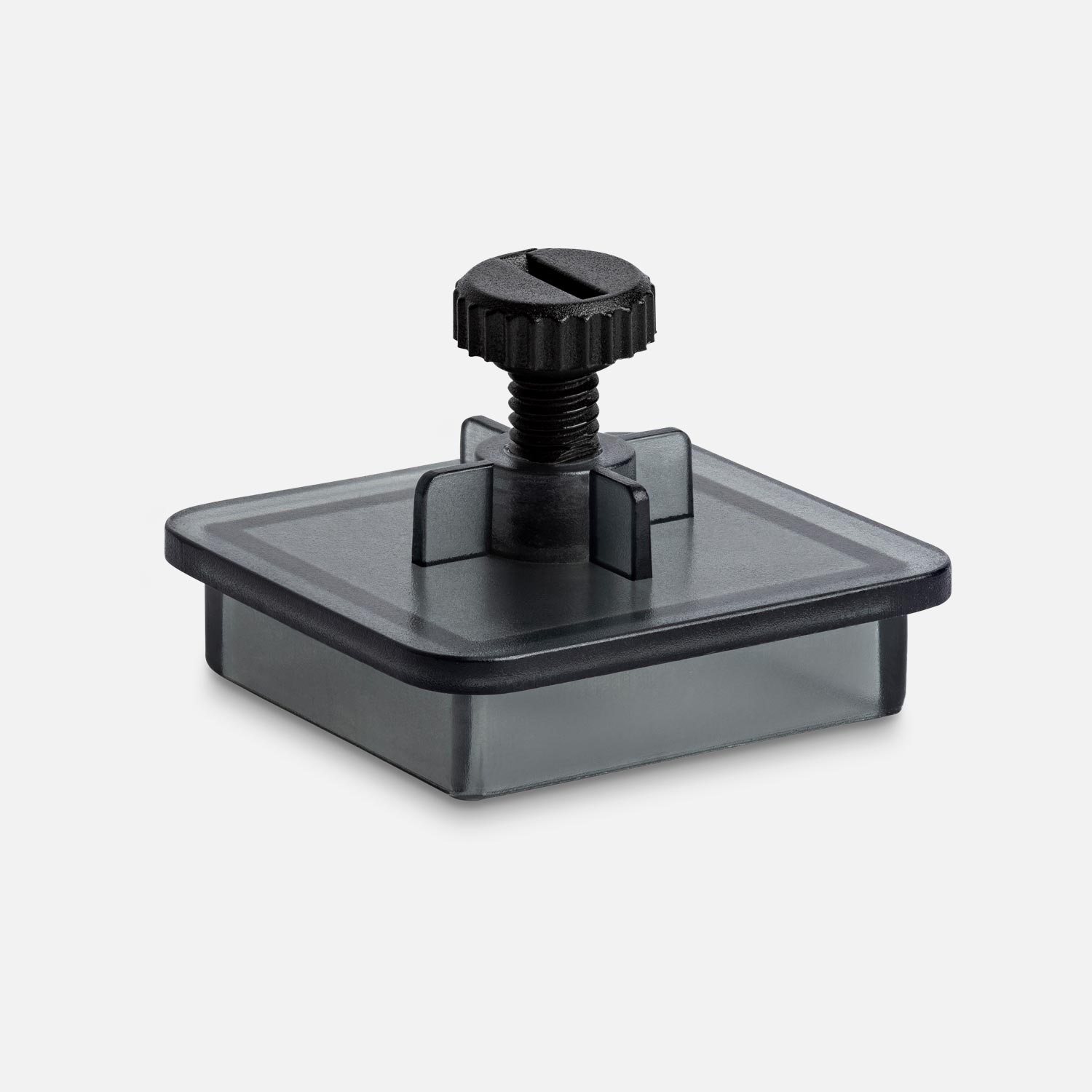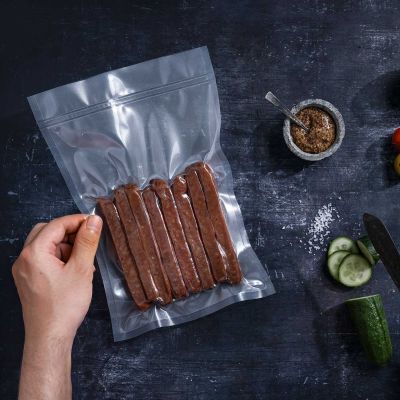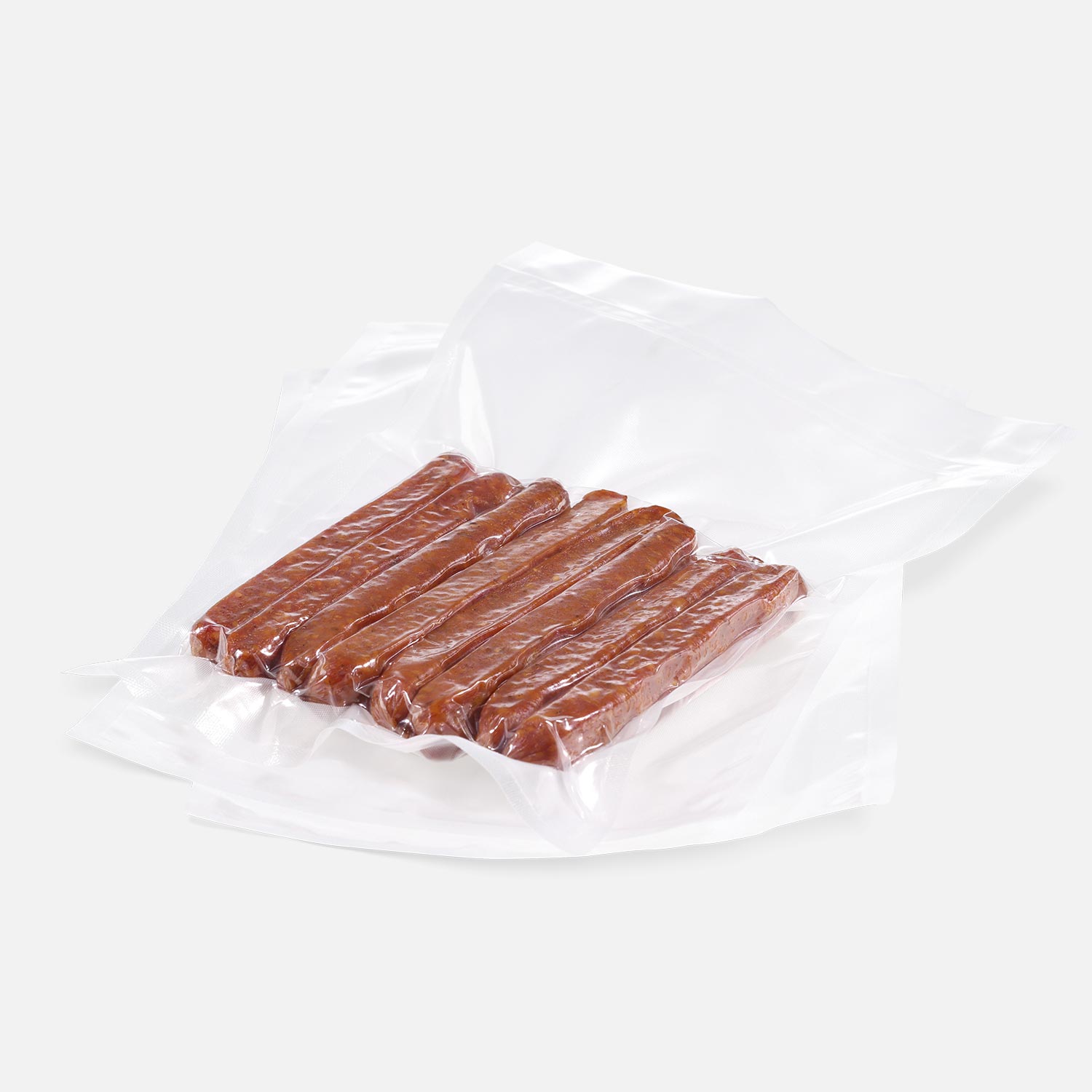Lava V.300 Black vacuum sealer review - by hunters, for hunters
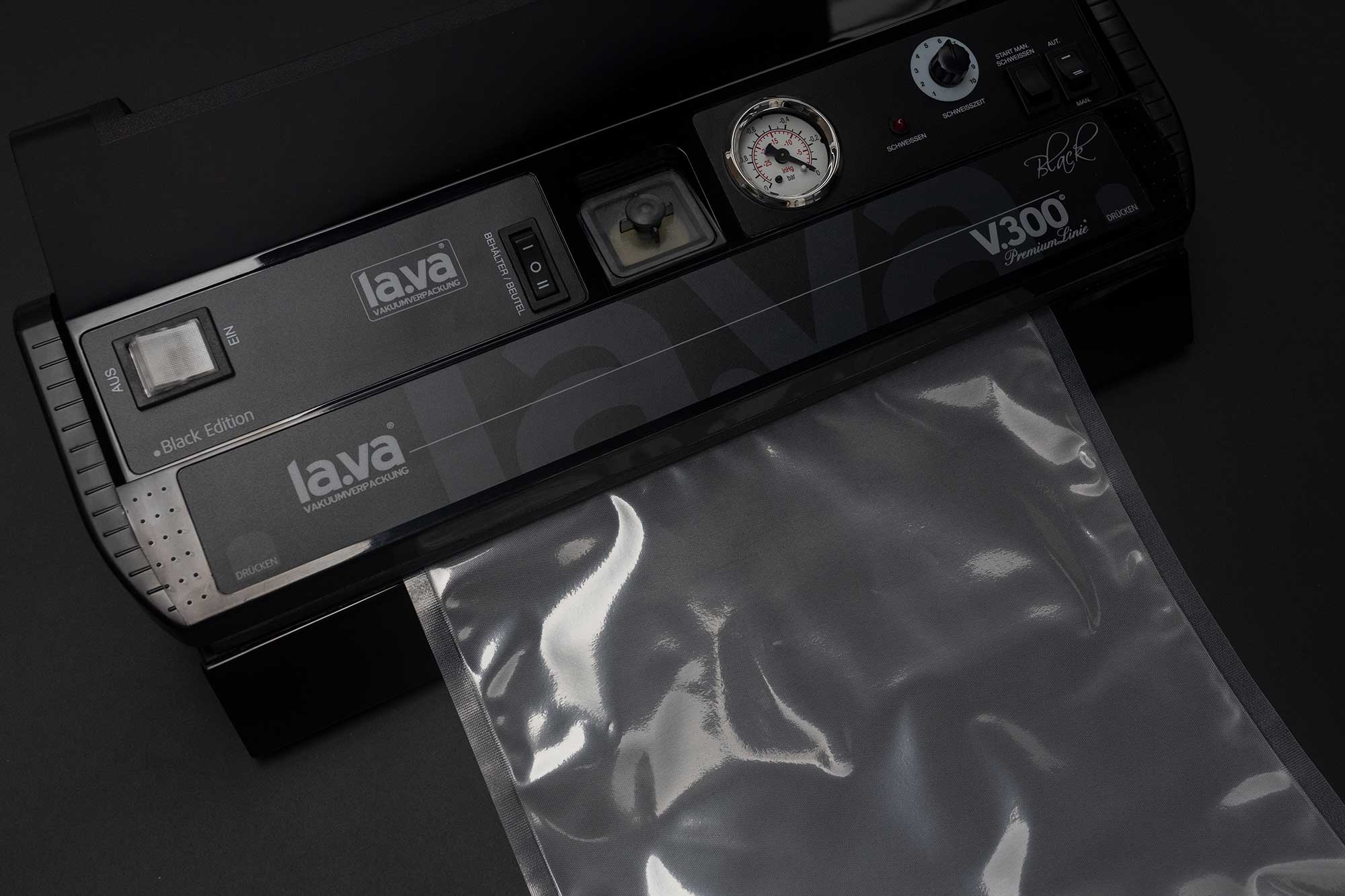
Vacuum sealing and hunting belong together. This is nothing new, but the question often arises, which vacuum sealer is the best for processing venison? Successful hunting blogger Dreispross tested the Lava V.300 Black vacuum sealer and reported in detail about his findings in his test report.
How to vacuum pack a whole wild boar
We hunters have the privilege of being able to shop in “nature’s” supermarket. After a successful hunt, there are a few things to consider when doing any on-site processing, and then later when refrigerating in order to preserve the valuable food product. For me, this includes the question of how to package the game so that it will keep for a long time.
Cooling, drying, smoking, canning, freezing and of course vacuum packing are some of the options. Vacuum packing slows down the natural decomposition process by removing the air.
The taste, appearance, vitamins, minerals and other nutrients are retained. This is different to other methods, such as preserving or drying. The valuable venison/meat can also be vacuum-packed and aged. In my opinion, no hunter should be without a vacuum sealer. When I didn't have my own device, I used to go to a friend's game processing room to use his industrial vacuum sealer.
However, there are also devices for domestic use. But are these machines powerful enough to vacuum seal a whole saddle of wild boar on the bone and seal the bag properly?
Lava sent me a V.300 Black to test. Since then I've vacuum sealed a lot of meat. Meat from fallow deer and wild boar, wild duck breasts, game sausages, normal cold cuts, venison from deer, sow and stag.
Without much preparation, I unpacked the device and used it for the first time to vacuum pack a whole young boar. It was surprisingly easy. Nevertheless, I would like to mention a few things that struck me both positively and negatively.
The vacuum device itself is very easy to operate. It has various controls on the top. An on/off switch, a "bags/containers" selector switch, a pressure gauge, an LED indicator (lights up when creating the seal), a control for the sealing time, a toggle switch to start manual sealing and a selector switch for automatic or manual mode. In the middle there is another container with a flow to catch any liquid that has been sucked in. Alternatively, you can use the regulator to adjust the pressure – it is included in delivery.
I stuck to using the automatic mode. When the air is sucked out, the bags are pulled together by the resulting vacuum. "Soft" foods such as bread or mushrooms in particular would suffer.
You can compensate for this by setting a low initial pressure via the manual mode and using the rotary switch for manual pressure control. Once the optimum level has been reached, the bag is sealed manually. By the way, the V.300 Black has two seals. Everyone knows that a seal can sometimes come loose. There is a safety seal for this here.
You also need the manual sealing option when using continuous rolls. These are usually cheaper and are easy to adapt to the required size.
Before using, you switch the device on and fold up the folding bracket. Then you insert the vacuum bag with the smooth side facing up. The edge of the bag must be smooth and flush with the visible edge.
By the way, the edge should always be clean to ensure proper closure. Either turn the edge inside out when filling or wipe the inner area of the edge clean and dry after filling.
Then fold the bracket back in and briefly press the two buttons on the bracket corners. The process runs automatically until finished. You will know it has finished when the pump stops and the bracket unlocks. Be careful when opening and removing the bag – the sealing bar may be hot.
So apart from normal vacuum sealing in vacuum bags, you can also vacuum seal pressure-sensitive products in special containers (cooked potatoes, bread, mushrooms). To do this, the practical suction device must be connected to the V.300, and the container can also be vacuumed with the enclosed hand pump.
An insider tip from Lava on the problem of meat juices – of course the pump can also suck these in, which can be unsightly or simply prevent a good seal.
You can use the following tricks to deal with foods that contain moisture:
1.
Place the vacuum sealer relatively close to the edge of the table so that the inserted bag with its contents is hanging over the edge of the table. It is now more difficult for the liquid to get to the top of the bag (due to the edge of the table).
2.
Put moist food in a commercial bag (can also be a cheap zip bag) – then place it open upside down (i.e. with the opening facing downwards) in a proper vacuum bag. That way the liquid also has to travel further distance than if it is in just one bag.
3.
Liquids such as soups are of course easiest to vacuum seal in vacuum containers made of plastic or glass.
The conclusion
In conclusion, I can say the following: The V.300 Black is really easy to use. It is relatively heavy, but can be stored in a utility room or a spacious kitchen.
You can use it to neatly vacuum seal very large cuts of meat as well as very small cuts. Besides game, you can also use it to vacuum seal normal meat, cheese, bread, mushrooms and even screws.
I would also say that the Lava bag sets are very reasonably priced. As far as I know, you can also use other bags, but they need to have a ribbed surface.
The device has a high-quality finish. The only thing that could be improved is the power cord storage. It doesn't really need the locking strut, but it’s difficult to snap into place and I think that after repeated insertion and removal, the plastic catches are likely to break.
Buy cheap, buy twice
And the range of free extras puts the price into perspective. I hope you find this information comprehensive.
Greetings and good hunting,
your Dreispross!

